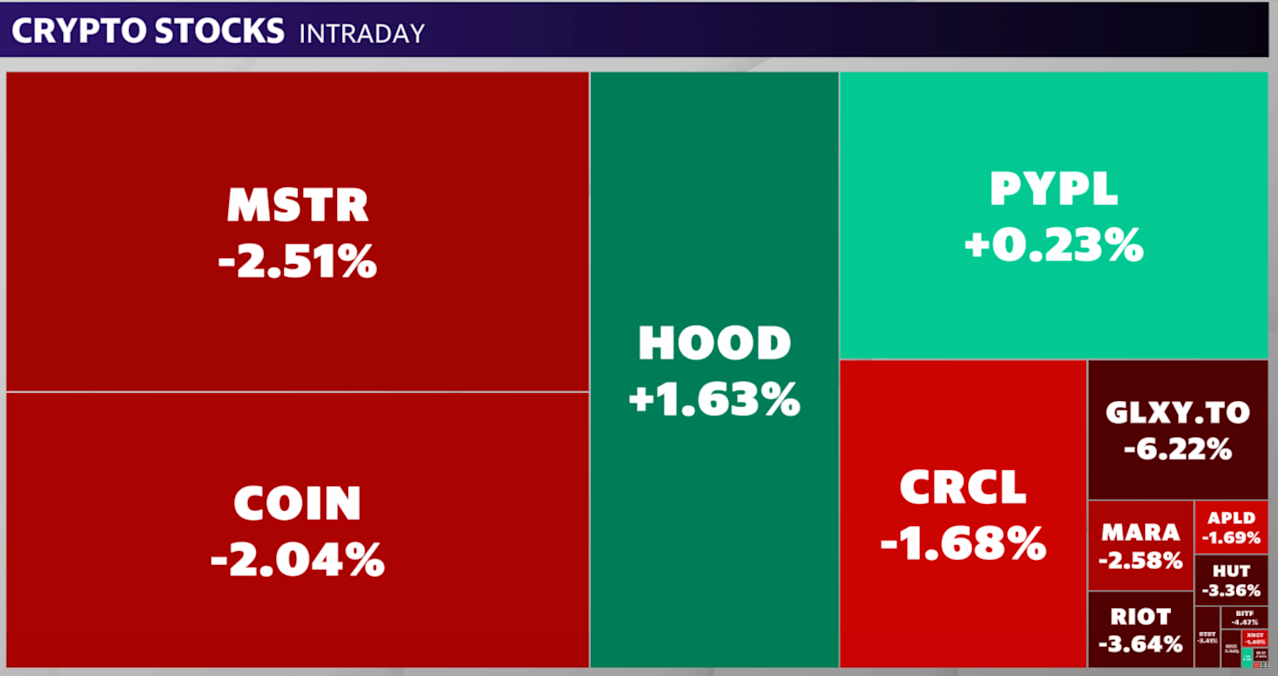
Hulk Hogan leaves behind a thriving business at WWE: Opening Bid top takeaway
Key Points
- Tesla (TSLA) reported a disappointing quarter, while Alphabet (GOOGL) exceeded expectations with strong earnings.
- Upcoming earnings from Microsoft (MSFT) and Amazon (AMZN) are anticipated next week, alongside a Federal Reserve interest rate decision.
- TKO Group (TKO), formed by the WWE-UFC merger, is in focus following the passing of wrestling icon Hulk Hogan at 71.
- WWE, under TKO, secured a $5 billion, 10-year deal with Netflix for "Raw" and reported a 23% sales increase and 38% profit growth in the latest quarter.
- TKO Group shares have risen 57% over the past year, with analysts largely bullish on the stock.
Summary
This article covers a dynamic week in financial markets, highlighting Tesla's underwhelming quarterly results and Alphabet's strong earnings performance. Attention now shifts to upcoming earnings from tech giants Microsoft and Amazon, alongside a Federal Reserve interest rate decision. A significant focus is on TKO Group, formed by the WWE-UFC merger, following the death of wrestling legend Hulk Hogan at 71 from cardiac arrest. Hogan, a pivotal figure in popularizing wrestling globally during the 1980s, leaves behind a robust WWE business within TKO. The company recently secured a landmark 10-year, $5 billion deal to stream "Raw" on Netflix and reported impressive quarterly growth with a 23% sales increase and 38% rise in operating profits. TKO's stock has surged 57% over the past year, earning bullish ratings from most analysts. The article also notes WWE's potential for further international expansion and a new WWE Network deal in 2026, with earnings set for August 5. Additionally, it touches on broader market drama involving political and economic figures, underscoring a busy period for investors.
yahoo
July 25, 2025
Stocks


